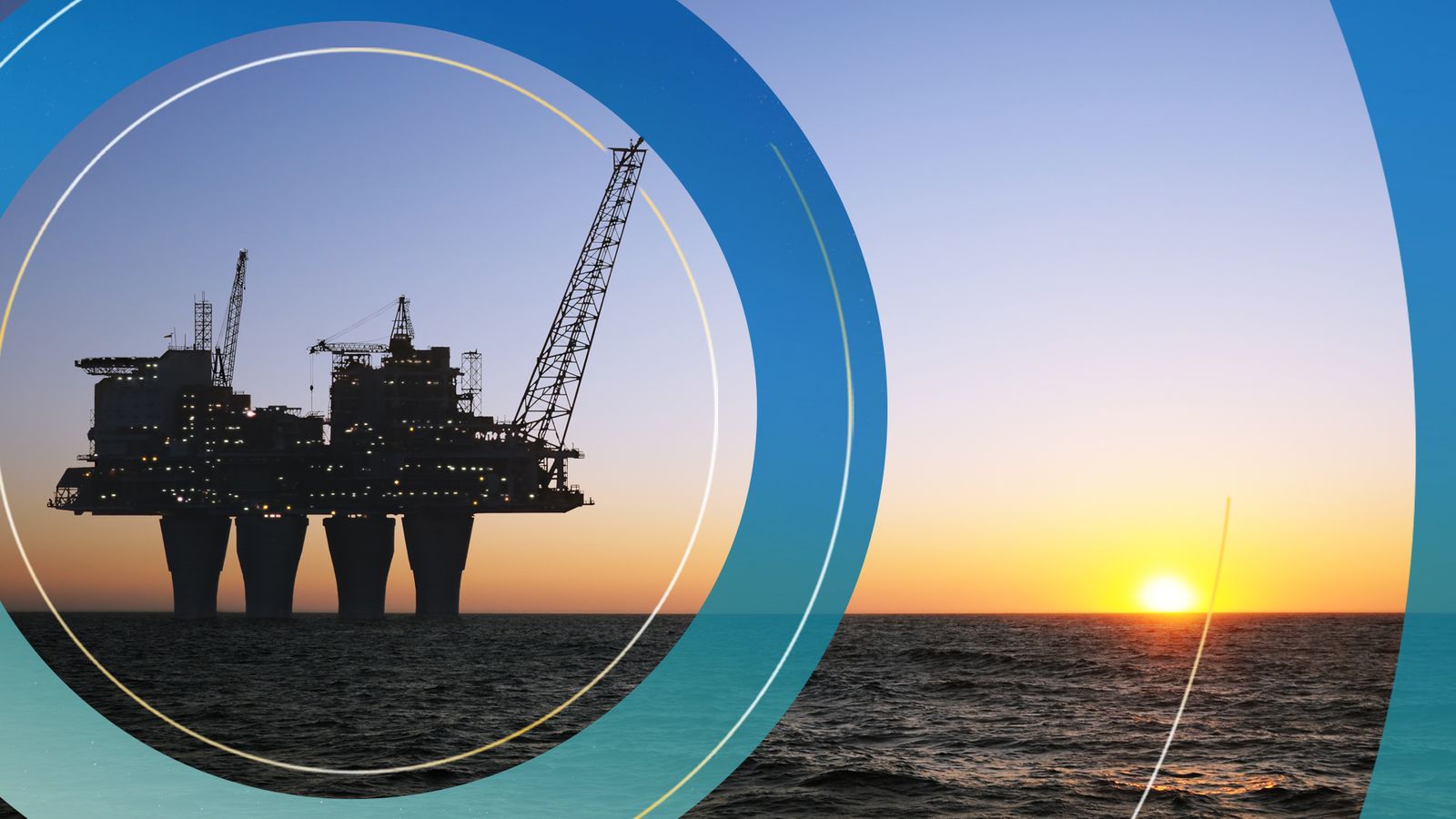Almost daily now there is evidence of oil and gas companies seeking to pivot away from fossil fuels or, at the very least, de-emphasise their activities in the sector.
Last week brought news that Shell is abandoning its involvement in Cambo, a major new oilfield in the North Sea, although it insisted the move had no bearing on its wider involvement in the UK oil and gas sector.
Wednesday’s example came from Centrica, the parent company of British Gas, in a very interesting development.
Nearly five years ago, Centrica announced it was pooling its European oil and gas exploration and production assets with those of Bayerngas Norge, the Norway-based but German owned producer.
The deal created Spirit Energy, Europe’s largest independent exploration and production company, which remains 69% owned by Centrica.
It said on Wednesday that Spirit was selling most of its Norwegian assets for £800m to Sval Energi, a privately-owned company based in Stavanger and Equinor, the Norwegian state-owned oil and gas company. Centrica itself will receive around £560m from the sale.
What is particularly interesting about today’s deal, however, is the accompanying detail.
Mercedes F1 team ends sponsorship deal with Grenfell insulation firm Kingspan
Tui warns over Omicron hit – but sees holidaymakers splash out on pricier breaks next year
Boris Johnson to hold final business council summit with bosses amid ‘party crisis’
Chris O’Shea, the chief executive of Centrica, said the sale was aligned with the company’s strategy of reducing its exposure to carbon intensive oil and gas exploration and production.
He added: “With the disposal of these largely oil producing assets to buyers who will be able to meet the material decommissioning costs, we can now focus on realising value for our shareholders from Spirit’s remaining gas reserves.
Please use Chrome browser for a more accessible video player
“Spirit will effectively be in run-off, and we will not explore for new hydrocarbon reserves; rather, we will focus on ensuring Spirit can fund its decommissioning liabilities whilst pursuing opportunities to leverage existing infrastructure to help the UK on its path to net zero.”
Centrica announced as long ago as July 2019 that it would be focusing on its customer-facing businesses as it transitioned to a lower carbon future. It said at the time that this included ending oil and gas production and, eventually, selling its 69% shareholding in Spirit Energy.
Spirit itself is a significantly smaller business following today’s sale. The operations being sold account for 52% of its total production in 2020 – some 83% of its oil and liquids production and 34% of its gas production. They also account for some 63% of Spirit’s reserves.
Centrica said Spirit would seek to “realise value from its remaining assets in the UK and Netherlands while minimising further investment in oil and gas exploration and development.
It expects to have to spend £150m next year and between £10-£50m a year after that, in de-risking the business by seeking to reduce future decommissioning costs. It also hopes to try to use some of Spirit’s existing assets and infrastructure for carbon capture and storage and hydrogen projects that will support the transition to net zero.
Chris Cox, Spirit’s chief executive, said: “After the sale of Spirit Norway, Spirit Energy is now predominantly a gas business which will continue to provide much-needed energy to households and businesses, with a low carbon footprint.”
As part of the deal, which is the largest transaction on the Norwegian continental shelf since 2019, Spirit has also offloaded all decommissioning liabilities related to the buyers.
This is a critical point because the authorities are now looking closely at mergers and acquisitions activity in the North Sea where they perceive there to be a risk of companies defaulting on their decommissioning liabilities.
The Oil and Gas Authority – whose feet-dragging on approving the Cambo development is thought to be the reason Shell walked away from the development – wrote to all licence holders in the British North Sea last week warning them that it is closely watching so-called ‘change of control’ transactions where one company that holds an oil and gas licence is bought by another company.
Please use Chrome browser for a more accessible video player
These are different from sales such as the one announced today, where assets have changed hands, which automatically require approval from the OGA.
Spirit itself was recently landed with a share of decommissioning costs related to the Brae Area, a North Sea oilfield 165 miles to the north east of Aberdeen, after a fellow owner, the UAE-owned Fujairah Oil and Gas, defaulted on its share of the costs.
Shares of Centrica have been largely unmoved on the news, possibly because although the sale proceeds appear to be bigger than expected, the company has admitted the disposal will initially be a drag on earnings because it deprives it the cash flows generated by the assets being sold.
Martin Young, analyst at broker Investec, said: “The earnings impact of the proposed transaction is complicated. We understand that the assets will not be reclassified as held for sale until after the shareholder vote, and will then benefit from no depreciation until completion.
“It is also likely that the UK assets will be written up.”
The headline from the deal, though, is surely this – another major UK energy company is very deliberately reducing its exposure to fossil fuel assets.






















